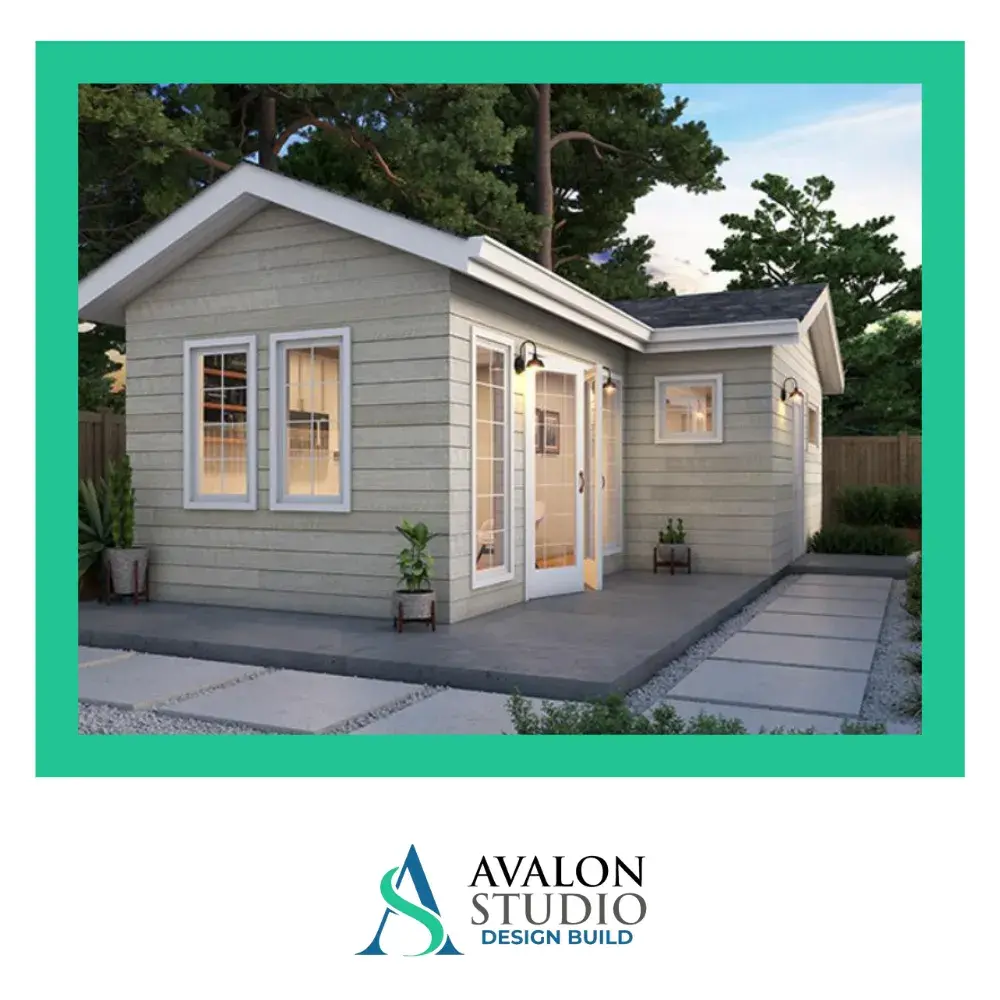Adding an ADU (Accessory Dwelling Unit) to your property can be a fantastic way to increase its value, provide additional living space, or generate rental income. However, before you dive into the planning process, it’s essential to assess whether your property is suitable for an ADU. Here are key factors to consider when determining if an ADU is a viable option for your space.
Check Zoning Regulations and Local Ordinances
The first step in determining if your property can accommodate an ADU is reviewing local zoning laws and regulations. Each municipality has its own set of rules regarding the construction of ADUs, including size limits, placement on the lot, and the number of allowed units. It’s essential to consult with your city’s planning department to ensure your property is zoned for an ADU. This will help you understand any restrictions or requirements that may impact your project.
Assess the Available Space on Your Lot
Space is a critical factor when considering an ADU. You need to evaluate whether your property has sufficient room for a separate structure or if a conversion of an existing space like a garage or basement is more feasible. Consider the layout of your property, including setbacks, lot coverage, and access to utilities. The ADU should blend seamlessly into the existing property without overcrowding the space, so it’s important to plan carefully to make sure you meet local guidelines and maintain a functional yard or outdoor area.
Review Utility Connections and Infrastructure
Utility access is another significant consideration when planning an ADU. You’ll need to ensure your property can support the necessary infrastructure for water, electricity, and sewage. Some properties may require upgrades to their existing systems to accommodate the additional load. It’s essential to consult with professionals to determine if your property’s utilities can handle an ADU or if modifications are needed to ensure proper functionality and code compliance.
Consider Parking and Accessibility Requirements
Parking and accessibility play a crucial role in ADU projects. Many local jurisdictions require that properties with ADUs provide additional parking spaces or have easy access to street parking. You’ll need to review these requirements with your local planning department to understand how parking needs to be addressed. Additionally, think about how accessible the ADU will be, both for yourself and any potential tenants or guests. Ensuring there’s safe, convenient access to the unit is vital for maximizing its usability.
Determining whether your property is suitable for an ADU involves careful consideration of zoning laws, available space, utilities, and parking requirements. By evaluating these factors, you can make an informed decision and set the foundation for a successful ADU project.
Learn More
Top Factors to Consider Before Adding an ADU to Your Property

